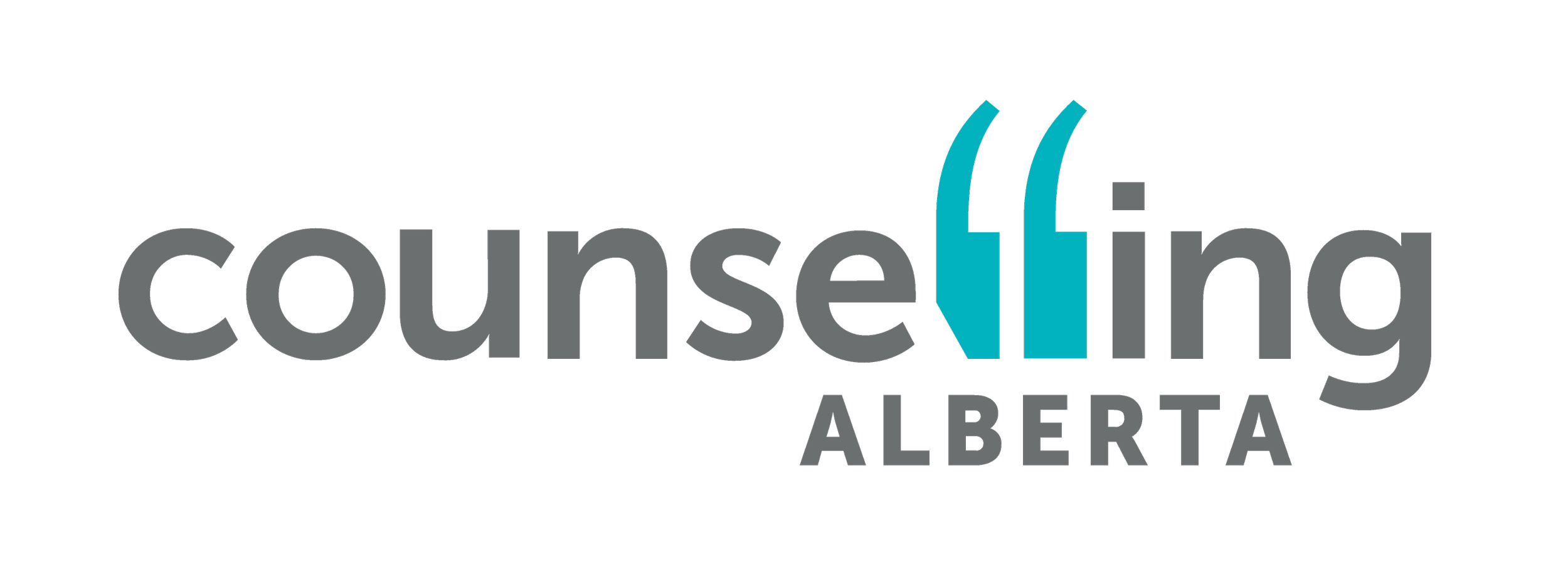Coping with trauma after a natural disaster
Recently, the town of Jasper in Alberta faced a devastating wildfire that ravaged the community, destroying homes, businesses, and forcing residents and tourists to evacuate. Unfortunately, this isn’t the first time Alberta has been faced with natural disasters. There were the Southern Alberta floods in 2013, the Fort McMurray wildfire in 2016, followed by the Fort McMurray flood in 2020, just to name a few. The damage to these towns were severe, leaving many people uprooted, displaced, and dealing with the trauma of these unexpected disasters.
Understanding Trauma
Wildfires, like the one in Jasper or Fort McMurray, are terrifying. They are unpredictable, uncontrollable, and leave behind more than just physical destruction—they can deeply impact our mental and emotional well-being.
So, what exactly is trauma? Trauma is a response to a distressing event that is outside the scope of our normal experiences. It’s not just about the event itself- many people lost their homes, their businesses, and livelihoods, which have devastating long-term consequences. When something happens that is unexpected and out of our control, it can trigger a range of physical, mental, and emotional reactions.
Trauma is highly individualized. While one person may experience profound effects, another might not be as deeply impacted by the same event. For those who are affected, the symptoms of trauma can manifest in various ways, including:
Physical symptoms like headaches, an upset stomach, or trouble sleeping.
Cognitive issues such as difficulty concentrating or making decisions.
Emotional responses, including fear, worry, and heightened sensitivity (hyper-arousal) or numbness (hypo-arousal).
The Importance of Managing Trauma
If trauma is not acknowledged and managed, it can have lasting effects. It can impair your ability to problem-solve, make decisions, and maintain healthy relationships. This is why it’s crucial to address trauma early on, especially after a significant event like the Jasper wildfire.
Steps to Cope with Trauma
Validate Your Feelings: It’s important to recognize that what you’re feeling is real and valid. Trauma is a natural response to an abnormal event.
Focus on What You Can Control: In the aftermath of a disaster, there are many things that are beyond your control. Focusing on the things you can control—such as your routine, your self-care—can help provide a sense of stability.
Maintain Healthy Habits: As much as possible, try to maintain the basics of healthy eating, exercise, and sleep. These are essential in maintaining your physical and mental health during this time.
Take Care of Yourself to Take Care of Others: If you’re a parent, your children will look to you for cues on how to react. By taking care of yourself, you’re not only showing up better for them, but also modeling healthy coping strategies.
Seek Professional Help: Don’t hesitate to reach out to a counsellor if you’re struggling. Professional help can guide you through methods to process trauma, reframe anxious thoughts, and develop coping strategies.
Plan for Triggers: Understand that certain situations—such as hot summer days or other natural disasters—might trigger memories of the wildfire. Prepare for these triggers by padding yourself with extra self-care and having compassion for your emotional responses.
Remember, This Too Shall Pass: It’s important to remind yourself that while it feels overwhelming now, these feelings won’t last forever. Acknowledge how you feel in the moment, but know that there is a path forward to feeling better.
The wildfire in Jasper has left a lasting mark on the community, but with the right support and strategies, feeling better is possible. If you or someone you know is struggling with the trauma from this event, remember that help is available. It may feel difficult now, but you won’t feel like this forever and we’re here to help you through it.


